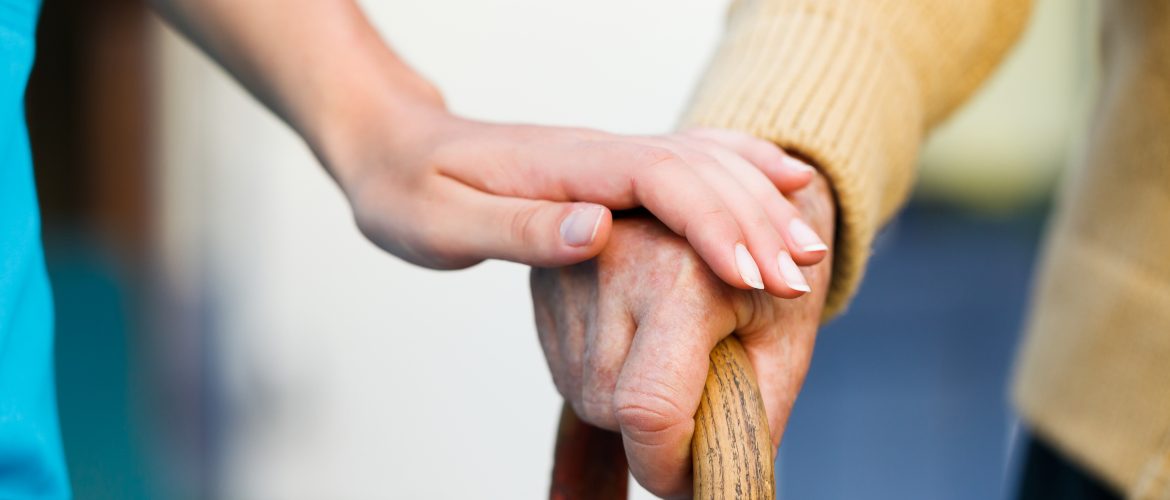The news has been full of headlines about the deaths occurring among the frail and sick residents in nursing homes across the country. However, the slow and deadly effect that isolation and confinement is having among nursing home residents has not been something that captured interest and made headlines.
The red flags about the lethal danger of COVID-19 in nursing homes caused facilities to be locked down, and visitors were not allowed to enter as a means of preventing the spread of the virus and protecting those vulnerable residents. However, COVID-19 enforced isolation and confinement of residents unleashed another, albeit slow-developing, threat to residents’ lives.
Now, case after case is coming to light about elderly residents’ deaths and, while the cause of death cites things like Alzheimer’s disease, along with that cause is written “social isolation and failure to thrive related to COVID-19 restrictions.”
An associate professor at the University of Pennsylvania Perelman School of Medicine described these deteriorations saying, “The isolation is robbing them of whatever good days they have left—it accelerates the aging process. You see increased falls, decrease in strength and ability to ambulate. You see an acceleration of dementia because there is not rhythm to your day. There isn’t a single part of a person’s life that isn’t affected.”
No required recordkeeping is being done to track the number of elderly persons dying from reasons related to social isolation and confinement, but research and medical experts, and dozens of family members nationwide, are reporting their concerns about this hidden COVID-19 health crisis.
Another health policy professor at Harvard Medical School who recently served on an independent federal commission that recommended expanding in-person visitation said, “We’ve locked these older adults in their rooms in the name of safety without thinking about the unintended consequences here. In many respects, the side effects are worse than the potential harm of a slightly higher risk of infection.” See commission report at: https://sites.mitre.org/nhcovidcomm/wp-content/uploads/sites/14/2020/09/FINAL-REPORT-of-NH-Commission-Public-Release-Case-20-2378.pdf
Compliance Perspective
Failure to address the effects of social isolation and confinement caused by not allowing in-person visitation may result in resident deaths due to being socially isolated and failing to thrive. This could ultimately be considered a violation of residents’ rights to be free from involuntary seclusion and considered abuse, neglect, and provision of substandard quality of care, and may be a violation of state and federal regulations.
Discussion Points:
- Review policies and procedures regarding guidelines for reopening facilities safely to allow in-person visitation and how to provide intervention techniques between staff members and residents to improve negative aspects of social isolation and identify residents’ who are failing to thrive.
- Train staff about abuse and neglect as it relates to involuntary seclusion and ways to encourage social interaction with residents while providing care.
- Periodically audit to determine if any residents have died where their cause of death indicates that social isolation and failure to thrive were contributing factors.












































































